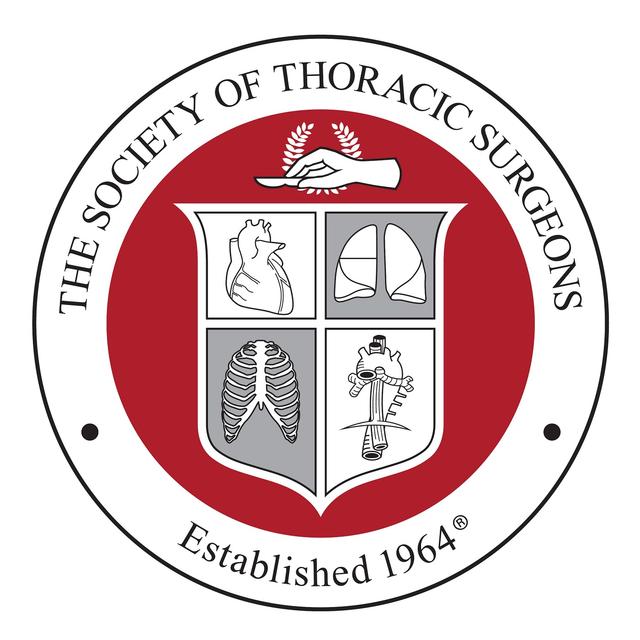Welcome to today's discussion on a significant development in the healthcare landscape—a topic that could have far-reaching implications for both medical professionals and patients. In recent news,the US Department of Health and Human Services (HHS) unveiled a comprehensive restructuring plan aimed at optimizing efficiency within the agency. This initiative will see a reduction of 10,000 full-time positions, with a consolidation of 28 divisions into just 15.
As part of a broader workforce reduction strategy across the administration, HHS's total number of employees will drop from 82, 000 to 62,000. This major overhaul is not just a matter of numbers; it holds potential consequences for the medical field, particularly in the realm of cardiothoracic surgery. The restructuring could alter the processes by which new treatments, medical devices,and surgical innovations are evaluated and approved.
For cardiothoracic surgeons and their patients,this means that the path from groundbreaking research to clinical application might face new challenges or delays. The proposed changes aim to streamline operations and enhance the department's focus, but they also raise questions about the future of medical advancements and patient care. As we navigate this transition,the impact on innovation and the speed at which new medical technologies reach those in need remains a critical point of concern.
In closing,while the restructuring of HHS is a step towards greater efficiency, it is essential to consider the broader implications on healthcare delivery and innovation. We must stay informed and engaged,ensuring that the pursuit of progress does not compromise the quality of care that patients deserve. Thank you for joining us today as we explore these pivotal changes in our healthcare system.
